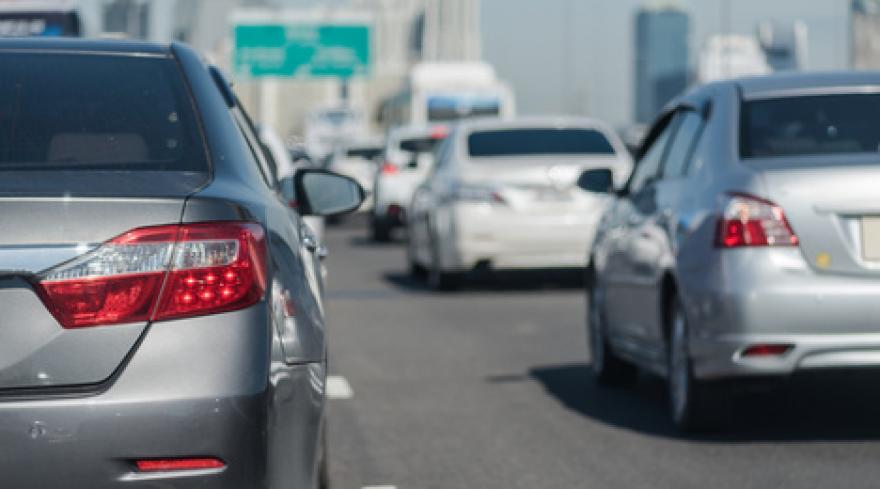DRN to help in recall notification via license plate recognition

By subscribing, you agree to receive communications from Auto Remarketing and our partners in accordance with our Privacy Policy. We may share your information with select partners and sponsors who may contact you about their products and services. You may unsubscribe at any time.
FORT WORTH, Texas –
For those who follow the auto industry, when the name Digital Recognition Network is brought up, it’s likely to be associated with either the finance, fintech or repossession/recovery side of the business.
But a move announced Wednesday could make DRN more of a household name on the retail side of the auto industry, as well.
The company — which provides vehicle location data to the financial services, insurance and asset recovery industries — said it is using its automated license plate recognition technology, also known as ALPR, to help automakers notify owners of vehicles under safety recalls.
This news comes amid challenges in getting drivers either notified of (or to respond to) serious safety recalls like the Takata airbag saga.
The strategy of mailing recall notifications to addresses registered with state departments of motor vehicles isn’t the most effective method, given that drivers may move and fail to update their locations, DRN said.
By utilizing ALPR, DRN said it can take a “hotlist” of affected vehicles, and when one of the company’s ALPR-equipped partner vehicles finds license plates that match vehicles on that list, it can attach the recall notice directly to the vehicle.
Subscribe to Auto Remarketing to stay informed and stay ahead.
By subscribing, you agree to receive communications from Auto Remarketing and our partners in accordance with our Privacy Policy. We may share your information with select partners and sponsors who may contact you about their products and services. You may unsubscribe at any time.
Additionally, the hotlists can be provided to law enforcement officers to notify affected owners during traffic spots, for example.
“Drivers are often unaware when their vehicle is subject to a very serious safety recall that requires attention, and while manufacturers have ramped up efforts to contact drivers of vehicles impacted by recalls, the message is simply not reaching car owners and people are continuing to die needlessly,” DRN executive chairman and founder Todd Hodnett said in a news release.
“Relying solely on DMV addresses can mean that up to 50 percent of recall notices are delivered to a wrong address, putting drivers — and those they share the road with – at extreme risk. ALPR data takes us straight to the source, making delivery of these notices accurate and efficient,” he said.
Hodnett goes on to note that DRN can offer photographic proof that the notification was attached to the vehicle.
“The National Highway Traffic Safety Administration has called on automakers to be more creative in their efforts to ensure drivers' safety and incorporating this technology does just that,” he said. “In fact, it is a logical extension for automobile manufacturers in the sense that their captive finance divisions have been using ALPR technology to repossess vehicles for years.
“In this instance, rather than recovering the vehicle we are providing an important public safety function by hopefully preventing the future loss of additional lives,” Hodnett added. “We feel that together with automobile manufacturers that we have a social responsibility to use technology to protect the more socioeconomically vulnerable citizens that are typically driving these older model vehicles.”
This type of technology is certainly a growing one with many implications in the auto industry.
Along those lines, DRN executive vice president of fintech Jeremiah Wheeler will be on hand as a speaker at the Automotive Intelligence Summit this summer in Raleigh, N.C. DRN is among the sponsors of the event.
Wheeler joined Auto Remarketing Podcast last fall. His episode can be found below.


